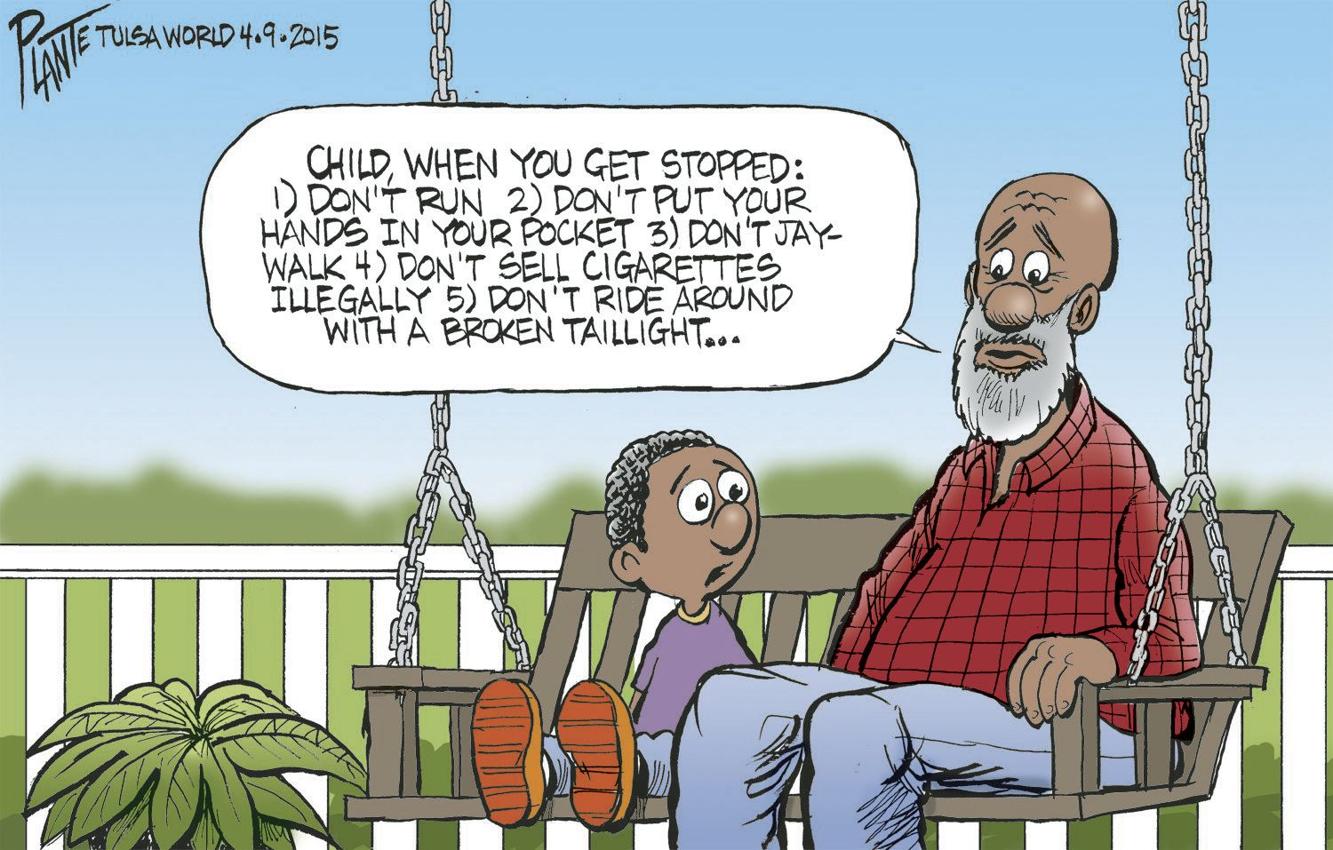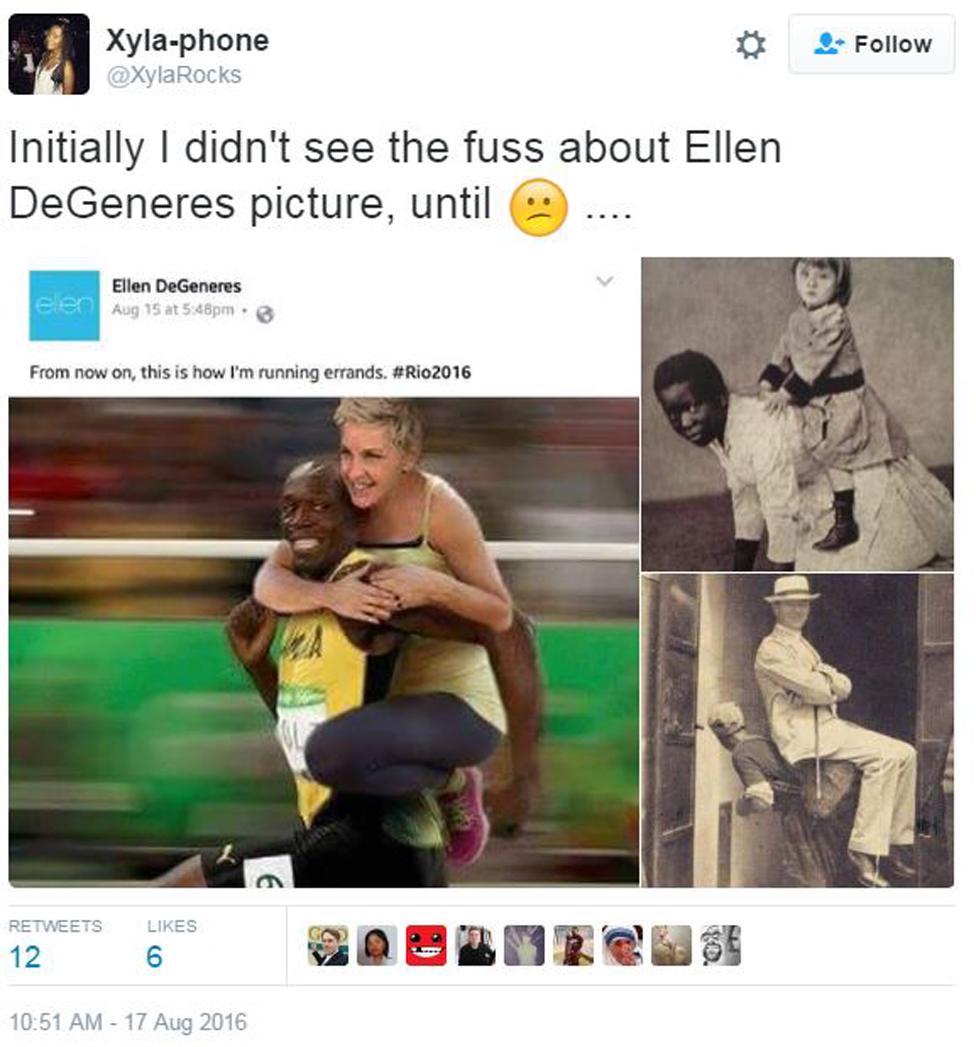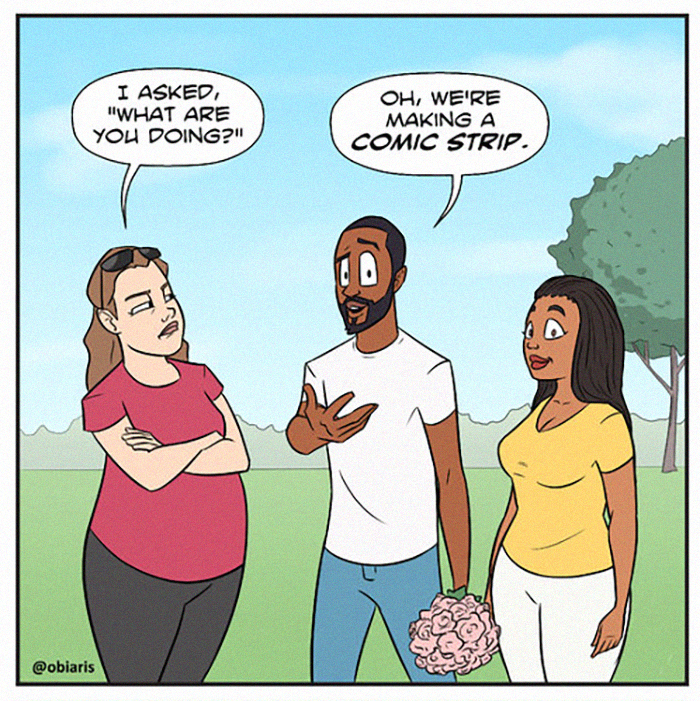Top 10 Racist Jokes (Rated!) - Dark Humor Ahead!
In a world supposedly striving for inclusivity and understanding, can laughter truly be innocent when it targets race? Racist jokes, even when cloaked in humor, perpetuate harmful stereotypes and contribute to a culture of prejudice.
The internet is awash with lists promising the "funniest" or "most outrageous" racist jokes, often ranked by user votes. These collections, boasting titles like "Top 10 Racist Jokes" or "35+ of the Best Racist Jokes (No Filter)," are readily accessible, raising serious questions about the normalization of prejudiced humor. This curated selection of offensive material, often targeting Asians, Mexicans, Blacks, and other groups, highlights a disturbing trend: the commodification of racism for entertainment.
| Aspect | Description |
|---|---|
| Definition | Racist jokes are a subgenre of humor that rely on and reinforce negative stereotypes about racial groups. |
| Intent | The primary intent is often to ridicule, dehumanize, and promote harmful biases against specific racial groups. |
| Common Targets | Subjects frequently focus on perceived racial characteristics such as skin color, cultural practices, or ethnic origins. |
| Impact | These jokes perpetuate prejudice, reinforce discriminatory attitudes, and contribute to a hostile environment for targeted groups. |
| Social Role | Racist humor can normalize and legitimize racist sentiments, making it more acceptable to express discriminatory views in social contexts. |
| Historical Context | Racist jokes have a long history in many societies, often used to justify oppression and maintain power imbalances. |
| Ethical Considerations | The use and dissemination of racist jokes raise significant ethical concerns due to their potential to cause harm and incite hatred. |
| Legal Implications | In some jurisdictions, the distribution of racist humor that incites violence or discrimination may have legal consequences. |
| Related Concepts | Superiority Theory (explains how feelings of ethnic/racial superiority inform racist humor); Stereotypical Humor (relies on "us versus them" thinking); Hate Speech (racist jokes can contribute to a broader culture of hate speech). |
| Further Reading | Anti-Defamation League (ADL) Resources on Racism |
The very existence of "top 10" lists and user ratings suggests a demand for this type of content, prompting a deeper examination of the motivations behind it. Are people genuinely seeking harmless amusement, or is there a darker element at play, one that revels in the degradation of others? The presence of "one-liners" underscores the ease with which these harmful ideas can be disseminated and consumed.
- Aayushi Jaiswal Web Series The Complete List Mustsee Shows
- John C Mcginley From Platoon To Proud Dad Of Billie Grace
The disclaimer, "But don't say we didn't warn you!" is a telling acknowledgement of the potential harm these jokes can inflict. It's a cynical attempt to absolve the purveyors of responsibility, suggesting that the audience is complicit in the offense. But does awareness of potential offense truly mitigate the damage caused by perpetuating stereotypes and prejudice?
Delving into the "disturbing landscape of racist jokes" requires a critical understanding of their definitions, context, and impact. They are not merely innocent attempts at humor; they are potent tools that reinforce negative stereotypes about particular racial groups. The intent behind these jokes is often to ridicule, dehumanize, and promote harmful biases, targeting perceived racial characteristics such as skin color, physical features, or cultural practices. The use of racial slurs only amplifies the venom and intensifies the harm caused.
The normalization of racist jokes has historical roots. "Back in the day," as the saying goes, cartoons and other forms of media often got away with racist, sexist, and homophobic jokes that would be considered utterly unacceptable today. This historical context is crucial because it reveals how societal attitudes toward race and prejudice have evolved (or, in some cases, failed to evolve). What was once considered "harmless fun" is now recognized as a form of microaggression or even outright hate speech.
- Cat Keenan Onlyfans Leaks What You Need To Know Hot Content
- Onlyfans Leaks Asiadoll Sophie Rain More The Full Story
The question, "So, what do you call a white man surrounded by one hundred blacks?" exemplifies the kind of question-and-answer format often used to deliver racist barbs. The setup itself frames race as a point of tension or abnormality, setting the stage for a punchline that likely relies on stereotypes and prejudice.
In a world grappling with racial tensions, the prevalence and impact of racist jokes raise critical questions about the role of comedy. What does it mean for today's comedy scene when humor is used to perpetuate harmful stereotypes and incite prejudice? How can comedians push boundaries and provoke thought without resorting to cheap shots that target vulnerable groups?
It's important to acknowledge that racist jokes have been popular in various societies throughout history. However, this popularity does not equate to acceptability or harmlessness. Instead, it highlights the insidious nature of prejudice and its ability to infiltrate even seemingly innocuous forms of entertainment.
The claim that a list contains "35+ of the best racist jokes (no filter)" is deeply troubling. The very idea of ranking racist jokes suggests a competition for the most offensive and harmful material. The absence of a "filter" implies a willingness to embrace even the most extreme forms of prejudice, devoid of any ethical considerations.
The anecdote, "Sometimes if I wanna get someone's attention, I'll start a sentence with 'I'm not racist, I'm not racist, but you look great today.' and they say, that wasn't racist at all," reveals a disturbing level of awareness about the power of language. It suggests that people are willing to exploit the disclaimer "I'm not racist" as a means of delivering prejudiced remarks under the guise of compliment. The fact that the recipient doesn't recognize the inherent racism speaks volumes about the pervasiveness of subtle biases.
Scholarship on this type of humor often relies on superiority theory, which posits that feelings of ethnic or racial superiority inform racist humor. This "us versus them" mentality fuels stereotypical jokes and makes hatred seem pleasurable, even attractive, to some individuals. The ability of humor to mask and legitimize prejudice is a dangerous phenomenon.
Racist jokes are not just a few words strung together for a laugh. They carry weight, history, and pain. They are not harmless pranks or innocent observations; they are weapons that can inflict real damage on individuals and communities. The claim that a list contains "30+ of the best black jokes about black people (racist, no limits, and dark humor)" further highlights the diversity and pervasiveness of racist humor.
Even seemingly innocuous jokes can perpetuate stereotypes and reinforce discriminatory attitudes. A simple joke like, "One blonde walked into a tavern one day and asked for a table that will sit 10 and a for a pint. She received her beer and a table that would sit 10," perpetuates the stereotype that blondes are unintelligent.
The notion that racist jokes are "not harmless" and should not be "brushed off as just a joke" is a crucial point. Minimizing the impact of prejudiced humor allows it to fester and spread, contributing to a climate of intolerance and discrimination.
Great collections of short funny racist jokes about black people, jews, mexicans, the chinese and even white people exist, however these jokes are rooted in harmful stereotypes. The focus on various groupsBlack people, Jews, Mexicans, Chinese, and even white peoplesuggests a broad spectrum of prejudice, demonstrating that no group is immune to being the target of offensive humor. The key is to understand that humor should not come at the expense of another's dignity or well-being.
After conservatives unearthed old tweets joking about white people by journalist Sarah Jeong, a little perspective about how humor and racism work is needed. It's vital to understand how humor and racism intertwine. It prompts a discussion about whether humor targeting dominant groups carries the same weight as humor targeting marginalized groups, highlighting the importance of considering power dynamics when evaluating the impact of jokes.
- Aayushi Jaiswal Web Series Your Guide To The Mustsee Shows
- Unlock Savings Auto Loan Rates Flexible Terms Today

Opinion/Cartoon Racial Discrimination

Why do some people think this meme is racist? BBC News

This Comic About Racism In The US Was Made 2 Years Ago, And The Artist